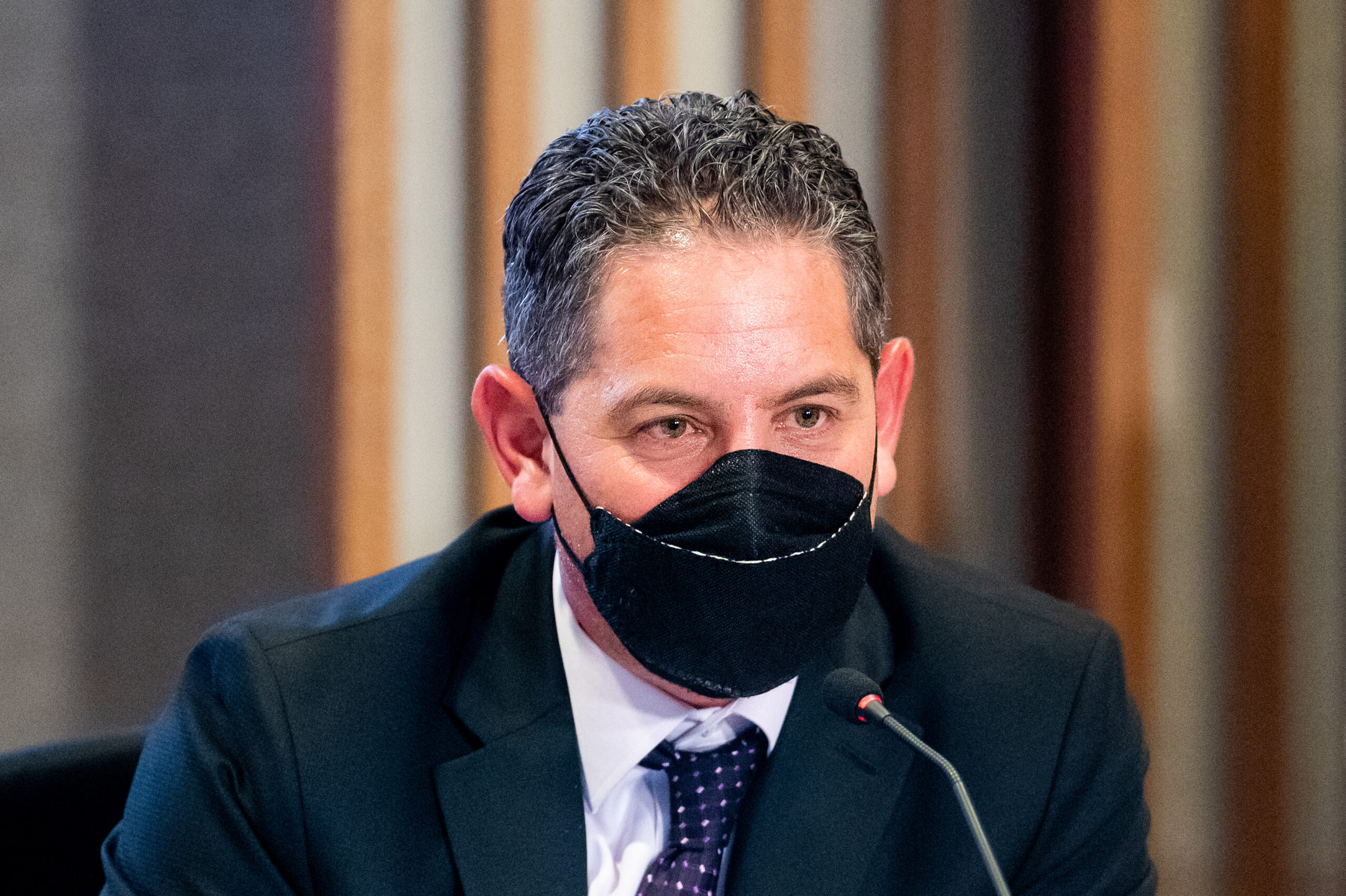As its payroll crisis drags on, the San Francisco Unified School District more than tripled the payment for a consultant tasked with cleaning up the nearly yearlong mess.
The Board of Education voted unanimously to boost the contract from $2.8 million to a total of $8.8 million in a special meeting Thursday. That buys help from management consultant firm Alvarez & Marsal through May 2023 so it could double the number of people staffing a recently established command center formed to tackle the problem and chart an exit from crisis mode.
May—another six months from now—is when the firm said it can stabilize the situation, giving weary staff the first defined estimate of how long the crisis could go on.
“We’re really glad and excited there seems to be an acceleration of fixing tickets and root causes, which should have happened months ago,” said Leslie Hu, secretary for United Educators of San Francisco (UESF), at the meeting. “[Extending to May] implies it’s going to be a much longer timeline to fix. It’s extremely concerning to us.”
The original no-bid contract approved in September budgeted $700,000 for initial triage and $1.75 million to stabilize payroll at $175,000 a week. The latest contract pushes the weekly rate up to $310,000.
Costs could be offset by vacant positions at the central office, which has saved SFUSD $1.1 million so far this school year, Superintendent Matt Wayne shared on Thursday. Money spent on the contract is not coming from the unrestricted general fund that is doled out to school sites, he added.
In its triage phase, Alvarez & Marsal gave the public first insight into the scope of the problem. This week, 4,366 employees reported some type of payroll problem—a slight improvement from the prior week, according to a public dashboard.
Payday Problems
Since adopting the new payroll system in January, the district has contended with underpayments, delayed retirement contributions, tax errors and canceled benefits. Every payday came fraught with anxiety. UESF filed an unfair labor practice in November with more than 250 formal grievances seeking state intervention.
In the immediate aftermath, SFUSD administrators acknowledged that the crisis erupted due to a lack of proper staffing and preparation for the transition, as the contractor recommended. Wayne—who started in July—shared on Wednesday that SFUSD should have invested $7 million to $12 million during the current and last school year to implement EMPowerSF.
“We’re bringing these costs forward now with a premium because we’re in a state of emergency,” Wayne said. “There really does need to be a full accounting of what happened and where did this go wrong […] and what’s being put in place to be sure that’s not going to happen again.”
SFUSD has since declared an emergency plan on advice from Alvarez & Marsal, launching the command center of 60 staffers to clear the backlog while addressing root problems to prevent more errors.
Before hiring Alvarez & Marsal, SFUSD leaned on support from the original contractor behind EMPowerSF for a total of $16.5 million. The extension for Infosys—whose agreement with SFUSD may have set up the new system for a rough launch—is set to last until June 2023.
“What’s challenging and continues to be troubling is the lack of understanding of business processes internally […] something that was highlighted in the report from [California’s Fiscal Crisis and Management Team],” said SF Board of Education President Jenny Lam. “This board is well aware, along with our superintendent, that we continue to be under state watch because of the vulnerabilities around our processes and systems.”
This second phase includes putting together a comprehensive inventory of payroll issues with a timeline to fix them and a log to track payroll corrections.
The team is made up of staffers from the consulting firm and Infosys, with SFUSD Head of Staff Marin Trujillo leading the project full time and Head Technology Officer Melissa Dodd on it part time. Another 20 SFUSD staffers will help the “corrective action plan” stay in full swing.
Despite all those efforts, there’s still no clear end in sight—and discontent continues to brew. Teachers and staff regularly protest, stage sick-outs and call for an immediate fix to a problem that affects their livelihoods and makes it hard to focus on teaching or running schools.
Some 80% of Lowell High School teachers called in sick Wednesday to protest ongoing paycheck problems, confronting the district at its 555 Franklin St. headquarters. Last month, staff protested at several campuses and rallied outside the district office to block the street for an extended period of time.
“It’s like their right hand’s not talking to their left,” SFUSD educator Cynthia Lasden said at the November protest. “We have to be our own accountants at the end of every month. As far as we can see, not a lot has changed. People are fed up.”
